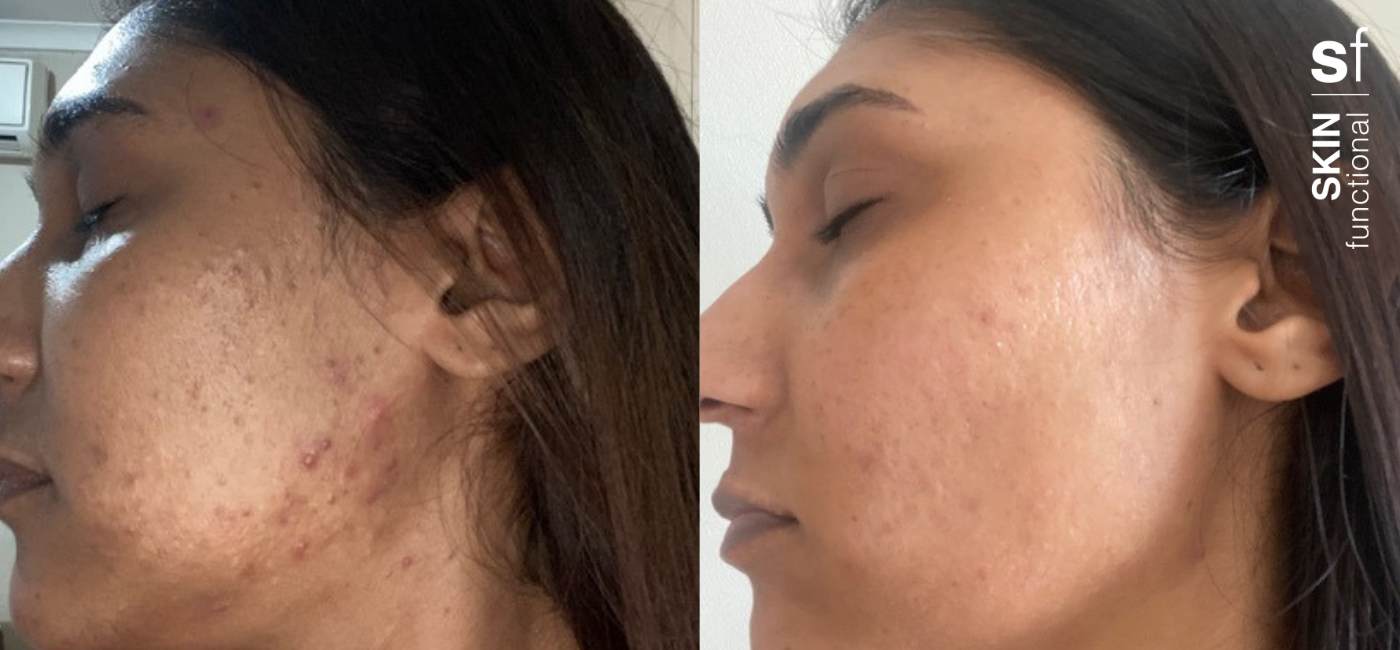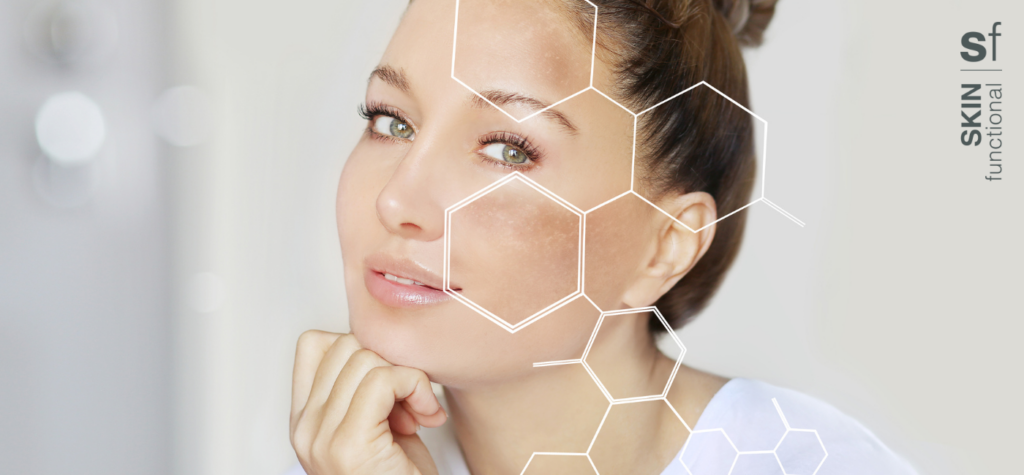
FREE SHIPPING FOR ORDERS OVER R500 WITHIN SOUTH AFRICA
Free shipping for orders over R500
FREE SHIPPING FOR ORDERS OVER R500 WITHIN SOUTH AFRICA
Free shipping for orders over R500

[fusion_builder_container type=”flex” hundred_percent=”no” equal_height_columns=”no” menu_anchor=”” hide_on_mobile=”small-visibility,medium-visibility,large-visibility” class=”” id=”” background_color=”” background_image=”” background_position=”center center” background_repeat=”no-repeat” fade=”no” background_parallax=”none” parallax_speed=”0.3″ video_mp4=”” video_webm=”” video_ogv=”” video_url=”” video_aspect_ratio=”16:9″ video_loop=”yes” video_mute=”yes” overlay_color=”” video_preview_image=”” border_color=”” border_style=”solid” padding_top=”” padding_bottom=”” padding_left=”” padding_right=””][fusion_builder_row][fusion_builder_column type=”1_1″ layout=”1_1″ background_position=”left top” background_color=”” border_color=”” border_style=”solid” border_position=”all” spacing=”yes” background_image=”” background_repeat=”no-repeat” padding_top=”” padding_right=”” padding_bottom=”” padding_left=”” margin_top=”0px” margin_bottom=”0px” class=”” id=”” animation_type=”” animation_speed=”0.3″ animation_direction=”left” hide_on_mobile=”small-visibility,medium-visibility,large-visibility” center_content=”no” last=”true” min_height=”” hover_type=”none” link=”” border_sizes_top=”” border_sizes_bottom=”” border_sizes_left=”” border_sizes_right=”” first=”true”][fusion_text columns=”” column_min_width=”” column_spacing=”” rule_style=”” rule_size=”” rule_color=”” hue=”” saturation=”” lightness=”” alpha=”” content_alignment_medium=”” content_alignment_small=”” content_alignment=”” hide_on_mobile=”small-visibility,medium-visibility,large-visibility” sticky_display=”normal,sticky” class=”” id=”” margin_top=”” margin_right=”” margin_bottom=”” margin_left=”” fusion_font_family_text_font=”” fusion_font_variant_text_font=”” font_size=”” line_height=”” letter_spacing=”” text_transform=”” text_color=”” animation_type=”” animation_direction=”left” animation_speed=”0.3″ animation_offset=””]
Is there any truth to these 4 common myths about skin pigmentation and dark spots? Get the facts on what’s true and what’s not when it comes to this common skin condition.
#1 Certain skin tones are more prone to hyperpigmentation
True. While hyperpigmentation can affect people of all ethnicities and skin colours, those with darker skin run a higher risk of developing PIH (Post Inflammatory Hyperpigmentation).
#2 Hyperpigmentation is one-time offender
False. This is a myth we all wish were true. Unfortunately, hyperpigmentation is not a one-time offender, it is a long term skin concern that is dynamic, meaning it goes lighter and darker depending on circumstances. For example, going to the beach during the December holidays typically means humidity, which can worsen hyperpigmentation.
#3 Genetic hyperpigmentation cannot be prevented
False. Yes, genes do play a very big role when it comes to determining your skin colour and condition, but before you blame those pesky brown spots on your parents, keep in mind that most hyperpigmentation is caused by a combination of four main factors: genetics, sun exposure, hormones and natural ageing. So even if you’re predisposed to genetic hyperpigmentation, you CAN absolutely still prevent the onslaught of dark spots by staying away from sun exposure, stress, pollution, smoking and other harmful chemicals, combined with maintaining a skincare regime that tackles possible signs of hyperpigmentation as early as possible.
#4 Pigmentation only affects older people
False. While some types of hyperpigmentation such as age spots (also known as liver spots or sun spots) are more common in adults over 40, you can certainly find yourself having to deal with dark spots as early as your twenties! You are at risk for early hyperpigmentation if you are frequently exposed to the sun, taking oral contraceptives or environmental stressors, as well as other changes in the body that we don’t have much control over such as hormonal changes, skin inflammation from wounds or underlying conditions like eczema and acne.
[/fusion_text][/fusion_builder_column][/fusion_builder_row][/fusion_builder_container]
We will give you the right amount of love!
From expert advice, specials and new products, be the first to know.
No spamming, we promise!






Click on the button below and choose 2 free gifts.
Hurry, while stocks last!